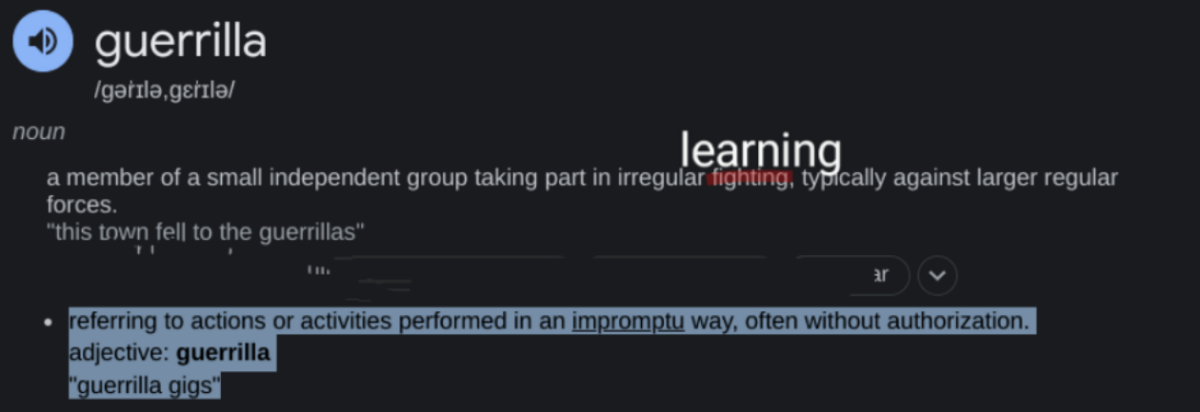So, two participants have ideas and I am giving them some pointers on how I would approach their interests. They remain anonymous here, but they should recognize their own ideas. These are only suggestions about how I would start planning an initial first draft, but writing is a great activity for thought if we let it change what we are doing, so be flexible and ready to reject what I suggest (I am not an authority).
Forst rule is to never overestimate your reader but to help them, you are the expert. The point is to make a claim that can be defended in any piece of “writing” (and that includes all other types of production we have spoken about). That is always where I start; so, from our conversations, I would say
Student 1
Student 1 (here I have brought together the educational ideas and the interest in the Frankfurt school)
Claim: video games are different in kind from other products of the cultural industry because they can develop rather than undermine critical agency. {note the “can”, it is possible but they do not always do so. So it is certain games!).
- I would begin with a brief demonstration of why popular cultural products lead to the loss of critical agency (use Hollywood films) because the creative is replaced by homogeneity and how they reinforce status quo values and instrumental reasoning.
- Show how video games are “popular” (by contrasting to chess and what is worthwhile to pass one’s time doing) and show how through simple behavioral models of thinking (stimulus, response, reward), specific behaviors are encouraged and models of reasoning are promoted. Use examples.
- Say this is a type of education, specifically moral and the construction of a socially accepted type of agency.
- However, contrast types of games and show that there are those, that unlike popular culture in general encourage a reflection on and a working through of accepted norms, values and reasoning in two ways:
- Types of agency, one can play at difference and see what the consequences may be of having a different identity.
- One can adopt different norms from those accepted by society and see what the consequences are.
- Both of these, strike me as critical reflections of accepted norms (a sort of Nietzschean overcoming) but whether it is still “part of the system” is worth reflecting on.
- Conclusion: two types of games (and hence two types of culture to replace high/low): products which reproduce a system for the benefit of others or the system itself (ideologically corrupt) versus products which reflect on whether the system is for me, hence questioning the “for me”. Return here to the claim in order to show how you defend it.
Student 2
Student 2’s claim: the lessons learnt from the use of artificial intelligence in the game of chess reveal a new type of agency which undermines the binary opposition of agent/non-agent for a more situational agency.
- So here I would begin with a quick history of the use of artificial intelligence in chess and a description of how AI works: a set outcome but uses data, model and feedback to achieve the most efficient way to reach that goal.
- Might be worth mentioning that chess is unique in this is the only goal, one does not try to show off, be stylistic, be dramatic or win sponsorship by being a character. It is peculiarly suited to AI.
- Show how this works in relation to chess specifically.
- Show how the human brain the opening of chess and the ending of chess operates in a very similar fashion: that are set moves and patterns which determine behaviour and why the AI is just better in these satiations.
- However, contrast this to the middle period of chess (your graph) and show how agency increases and decreases how the game proceeds.
- The modern self was about transcendent control, able to overcome all situational influences (but this distorts our self-understanding). Chess shows us a different model where certain situations offer different levels of agency (and this seems right)
- You can add evidence from your own studies in psychology, or a contemporary philosopher of freedom that has a similar model is Roger Kane,
- Conclusion: return to your claim, then show how AI is a worry for our self-understanding only if we assume a rigid free/not free or agent/non-agent dichotomy.
